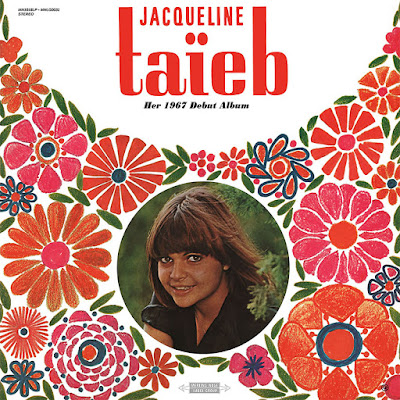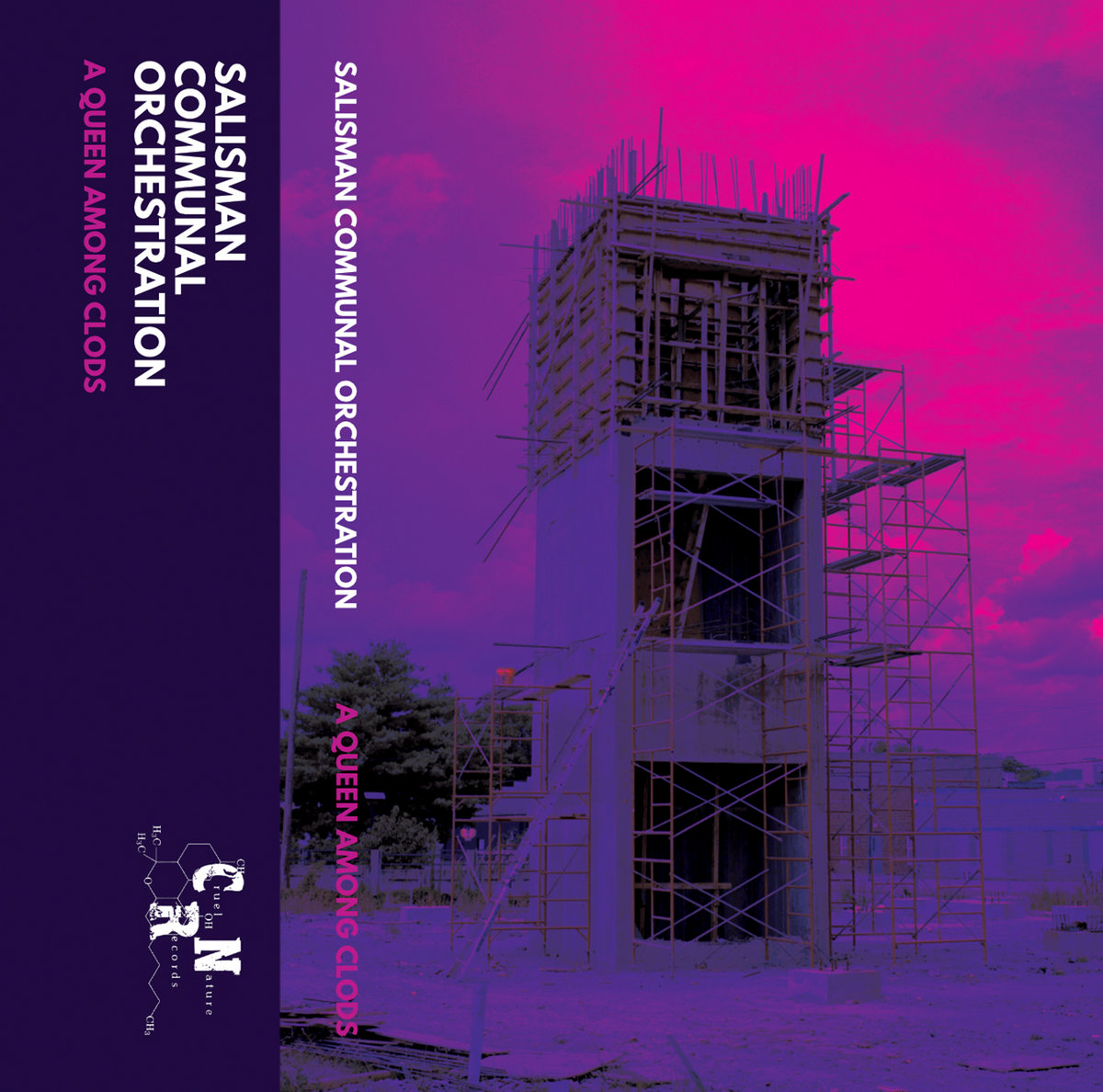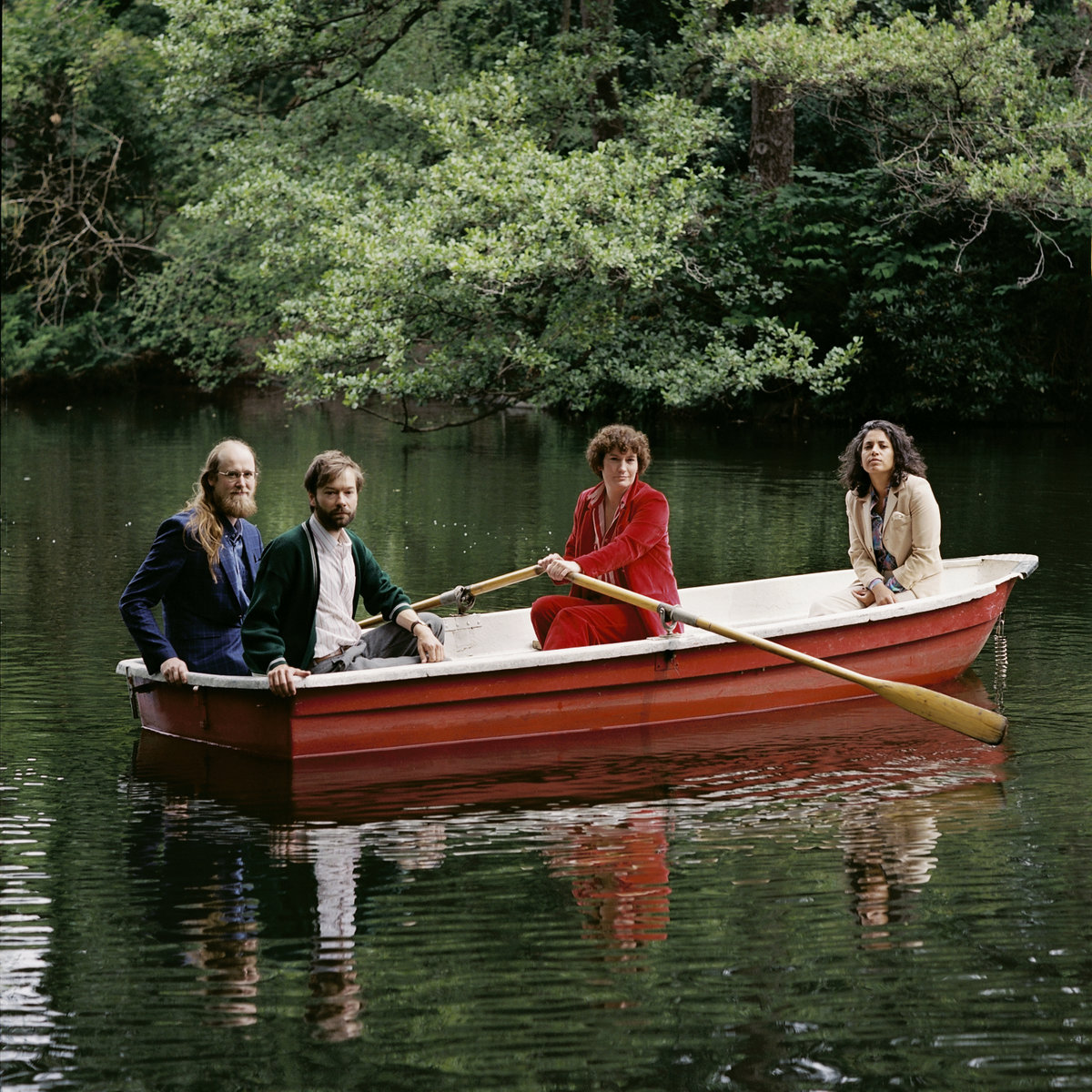Jacqueline Taieb interview
Jacqueline Taieb is Tunisian born singer and songwriter. In the 1960s she recorded lot’s of Yé-Yé material and recently her most praised EP was reissued by Merlins Nose Records. In the following interview we discussed her recollections.
Was music big part of your life when you were still growing up?
Music has always been number one in my heart.
What were some artists that you enjoyed listening to?
My mother used to sing to me, instead of telling me baby stories. She had, and still has, a beautiful voice. I enjoyed, and still do, her very diversified repertoire: French music, Yves Montand, Charles Aznavour, Edith Piaf, Mouloudji and Chares Trenet.
American music: Ella Fitzgerald and Louis Armstrong. Plus Spanish and Arabic (mostly Tunisian) stuff. I came to the conclusion that the French are the best for lyrics and melodies, the Americans for the vocals and their cool style, and the arabs for the rhythmic grooves.
And one day … I heard Elvis (I was around 7 year old, in Tunis, someone had brought one of his EP vinyl, I don’t remember which one). Suddenly I realized that “Before Elvis, there was nothing” – John Lennon
You arrived to France when you were very young and by the time you were only twelve years old, you were already composing songs on guitar.
I arrived to France when I was eight years old. My father gave me a guitar at 12. I started composing as soon as I felt comfortable with the chords, maybe at 12 or 13. I used to write and compose during the maths lessons. As I didn’t understand a word and hated those lessons, I used to “take my mind out” and create songs that I would check with my guitar when I went back home from school. Actually, I became a songwriter thanks to mathematics!
Your very first single was released in 1967 on Impact Records. How did you get signed up to record “7 heures du matin” / “Bienvenue au pays”?
Summer 1967 on a Tunisian beach. I’m playing and singing with friends. A woman passes by and tells me: “Hi, my name is Rolande Bismuth, I’m Michel Fugain’s publisher. I like your style. Come and see me at my office when you’re back in Paris. I did, of course. My dream was, and still is, to write songs for the singers I like. But they decided I should sing my songs …
“7 heures du matin” became your biggest hit. It’s a song about a girl who fantasies about Paul McCartney. Can you tell us more about song writing process?
When I found those very simple chords and played them with this rhythm, I couldn’t find any melody to fit in. So, I naturally spoke on it, as rappers do now. And I started speaking about what I had in mind, what I don’t like (waking up at 7 am, not finding my tooth brush, the neighbours who are complaining when I play music etc.) and what I like (The Who, Paul McCartney and Elvis etc,). I saw that it made people laugh when I sang it. I love laughing and having people laugh …
I’d have loved this song to be sung by Jacques Dutronc. When I signed with Impact, they didn’t even listened to my songwriter’s wishes, they all wanted me to sing. They introduced me to Jean Bouchety, the genius producer, who took me to London, where I recorded all my sixties EP’s.
You weren’t typical Yé-yé singer. There is a very nice “garage” feel on some songs. Were you influenced by rock music of your generation?
OF COUUUUUURSE I WAS!
You wrote many songs for artists like Michel Fugain, Yves Montand, Fabrienne Thibault…
That’s what I love the best.
Writing or composing for such fantastic artists, it’s like being a tailor making a suit or a dress for a very handsome man or a beautiful lady.
In 1980s you wrote “Ready To Follow You” which became big hit. It was sung by Dana Dawson.
Late 80s, I went to NY with “Ready To Follow You”, looking for the right interpret to match it. I put an add on the village voice newspaper. A dozen of superb singers answered and I auditioned them. I told one of them (she was around 30 years old): sorry, we’re looking for a teenager to fit the lyrics. Of course, she was disappointed, but just before she left, she told me about this young afro-american singer Dana Dawson, 13 years old. When Dana came and started to sing a capella, I knew she was for the song and the song was for her. It was not easy to record and release the single because of problems between the producers (ahrrrrr show business!), but as soon as it was released (1987 I think), it became a hit at once.
Rip Danouchka …
What currently occupies your life?
– “Agathe The Blues”, French version of “Ready To Follow You”
– “Peace, Love & Action”
– A new multiple language song. Sung by a beautiful young Tunisian singer. Soon …
Merlins Nose Records reissued Le Coeur Au Bout Des Doigts – Bravo. Do you have any stories from writing and recording it? How do you feel about the fact that after all these years people are still interested in music from the 1960s? Music is timeless, isn’t it?!
I’m very happy with this reissue. All the recordings I made with Jean Bouchety & these fabulous musicians in the swinging London, are unforgettable. Everything was easier and cooler at that time. Make love not war was the device of the youth. People are still interested in 60s & 70s music because lots of masterpieces and unique artists bloomed at this period. Good music is timeless and border-less.
Jacqueline Taieb
Peace, Love & Action
http://www.jacquelinetaieb.fr/
– Klemen Breznikar
© Copyright http://www.psychedelicbabymag.com/2017
Array





She's great and funny. She's incredible in the music's panorama of the end of sixties